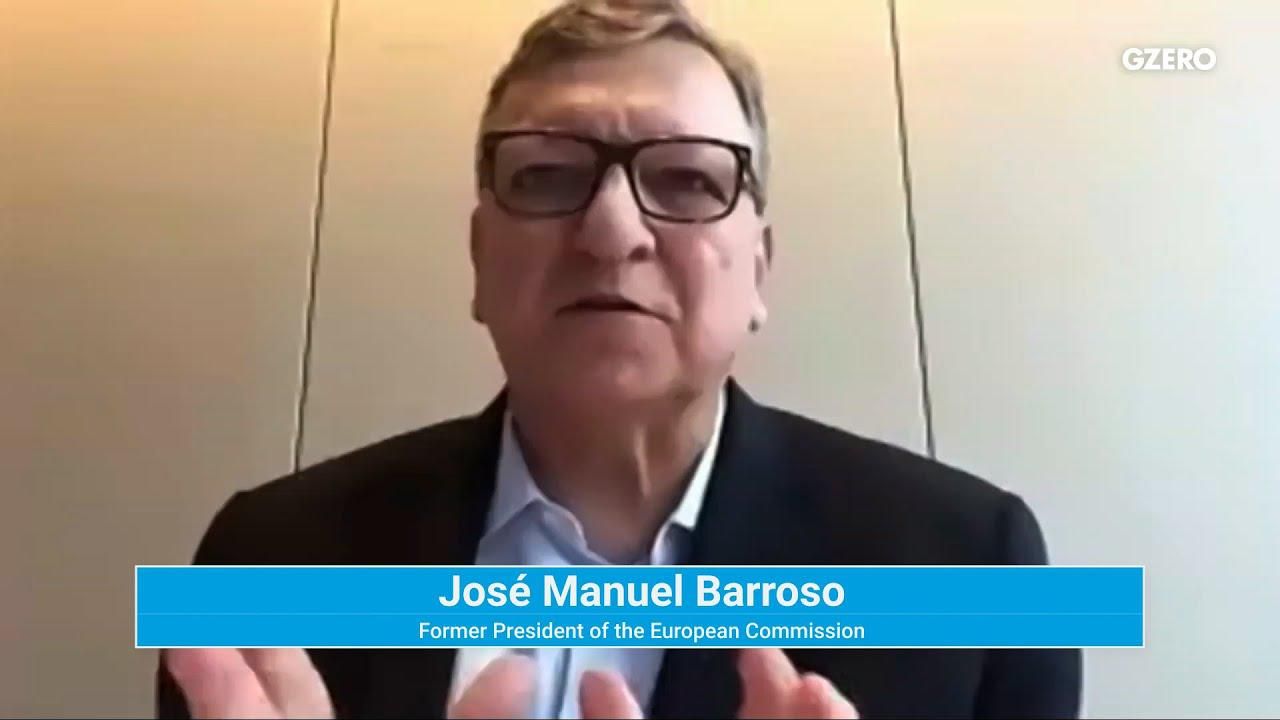popular
Should Putin get a Nobel in Medicine for ending talk of COVID?

Should Putin get a Nobel in Medicine for ending talk of COVID? | GZERO Media

José Manuel Barroso, chair of Gavi, The Vaccine Alliance, is having a hard time these days convincing donors to cough up cash for 600 million vaccine doses to serve as a "buffer" for the next COVID wave.
But he's not surprised. Why? Because many people already think the pandemic is over. And for that, he credits Russian President Vladimir Putin, who has diverted global attention away from COVID with his invasion of Ukraine.
During a livestream discussion on equitable vaccine distribution hosted by GZERO Media in partnership with the Bill & Melinda Gates Foundation, Barroso proposed giving Putin this year's Nobel Prize for Medicine because apparently he's "made COVID disappear" in the media.
While wealthy nations with access to vaccines have already moved on, the former Portuguese PM warned that there's still a problem with getting jabs into people's arms in the rest of the world.
We need to finish the job, he said, hoping that donor fatigue "will not prevent us from doing what it should be done."
People in support of former South Korean President Yoon Suk Yeol rally near Seoul Central District Court in Seoul on Feb. 19, 2026. The court sentenced him to life imprisonment the same day for leading an insurrection with his short-lived declaration of martial law in December 2024.
65: The age of former South Korean President Yoon Suk Yeol, who was sentenced to life in prison on Thursday after being found guilty of plotting an insurrection when he declared martial law in 2024.
In an era when geopolitics can feel overwhelming and remote, sometimes the best messengers are made of felt and foam.
The Hungarian election is off to the races, and nationalist Prime Minister Viktor Orbán is facing his most serious challenger in 16 years.
Does skepticism rule the day in politics? Public opinion data collected as part of the Munich Security Conference’s annual report found that large shares of respondents in G7 and several BRICS countries believed their governments’ policies would leave future generations worse off.